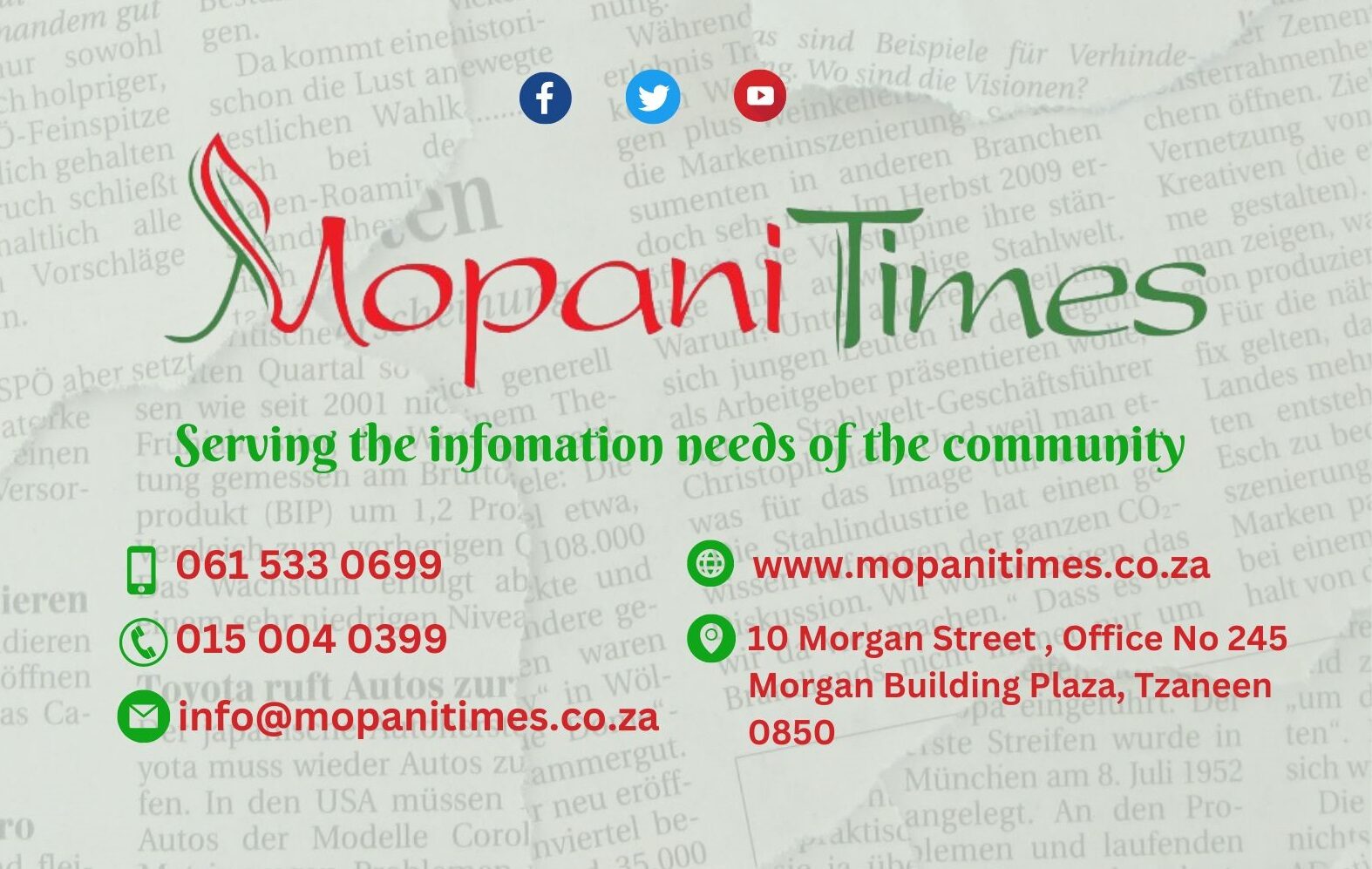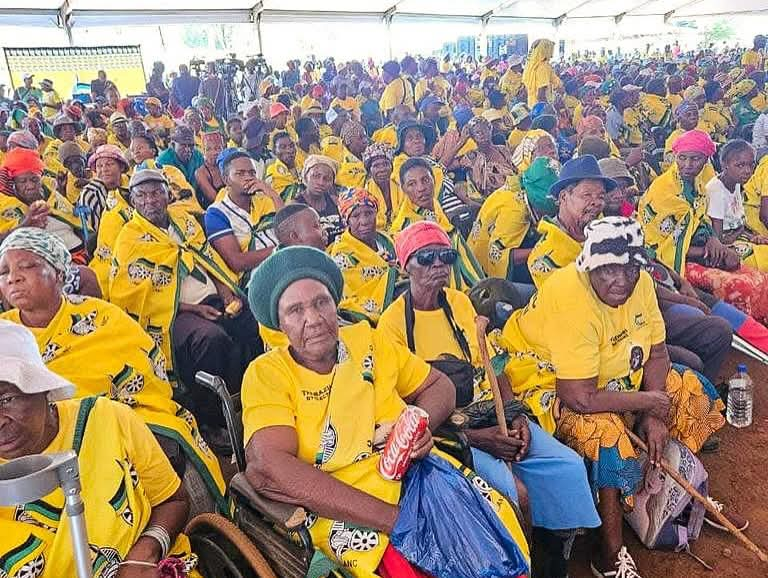
Supporters of the ANC in Thabazimbi.
Thabazimbi, the small mining town in Limpopo, is buzzing with political tension following the results of its recent by-elections.
Once a stronghold of the African National Congress (ANC), the municipality’s political power dynamics have shifted dramatically, reflecting growing dissatisfaction among voters.
The by-elections were held after the Thabazimbi Local Municipality was dissolved due to years of dysfunction and service delivery failures. The ANC, previously the dominant force, failed to regain its majority and lost a critical seat to the newly influential Labour Party, aligned with the Association of Mineworkers and Construction Union (AMCU).
The ANC now holds ten seats, matching the four retained by the Democratic Alliance (DA).
The Economic Freedom Fighters (EFF) gained an additional seat, strengthening their presence in the council. The Freedom Front Plus (FF+) retained their two seats, while the Labour Party surprised many by securing two key positions. The MK Party, a newcomer in local politics, claimed one seat, while the Thabazimbi Residents’ Association (TRA) and Forum for Service Delivery both suffered losses, leaving their future in local politics uncertain.
The ANC came unstuck in these elections, despite pouring massive resources into its campaign. Confident of outright victory, the party pulled out all the stops, bringing in heavyweights such as President Cyril Ramaphosa and First Deputy Secretary-General Nomvula Mokonyane to woo voters.
However, the results left ANC functionaries reeling, especially after losing out on proportional representation (PR) seats, a clear sign of voter dissatisfaction.
One of the most striking outcomes was the low voter turnout in traditional ANC strongholds. This failure to mobilize their base highlighted a deeper erosion of support for the party, compounding the challenges they now face in charting a path forward.
Coalition Talks: What’s next for Thabazimbi?
With no outright majority, the political parties are now engaged in coalition negotiations that will determine the town’s leadership and governance for the next two years.
The ANC could seek a partnership with the DA, echoing calls for stability and unity often associated with a government of national unity. Such a coalition could focus on restoring governance and improving service delivery. Alternatively, the ANC may turn to the EFF, whose growing influence and calls for radical economic transformation might appeal to certain segments of the electorate.
The Labour Party, which emerged as a significant player, also presents an intriguing option. Representing workers’ interests, the party could bring a fresh perspective to local governance. The MK Party, with its historical ties to the ANC, might also be a potential partner, though such a coalition could face challenges given the complex political dynamics.
The Road Ahead
The first municipal council meeting is set for Monday, 9 December 2024. During this session, council members will elect a new mayor, a speaker, and representatives to the Waterberg District Council. These decisions will reveal the coalition agreements and provide a glimpse into the municipality’s political and administrative future.
For now, the residents of Thabazimbi are watching closely, hopeful that the new leadership will prioritize stability, service delivery, and development. The by-election results mark a turning point in the town’s political history, setting the stage for a potentially transformative period. Whether these changes will bring much-needed improvements remains to be seen.
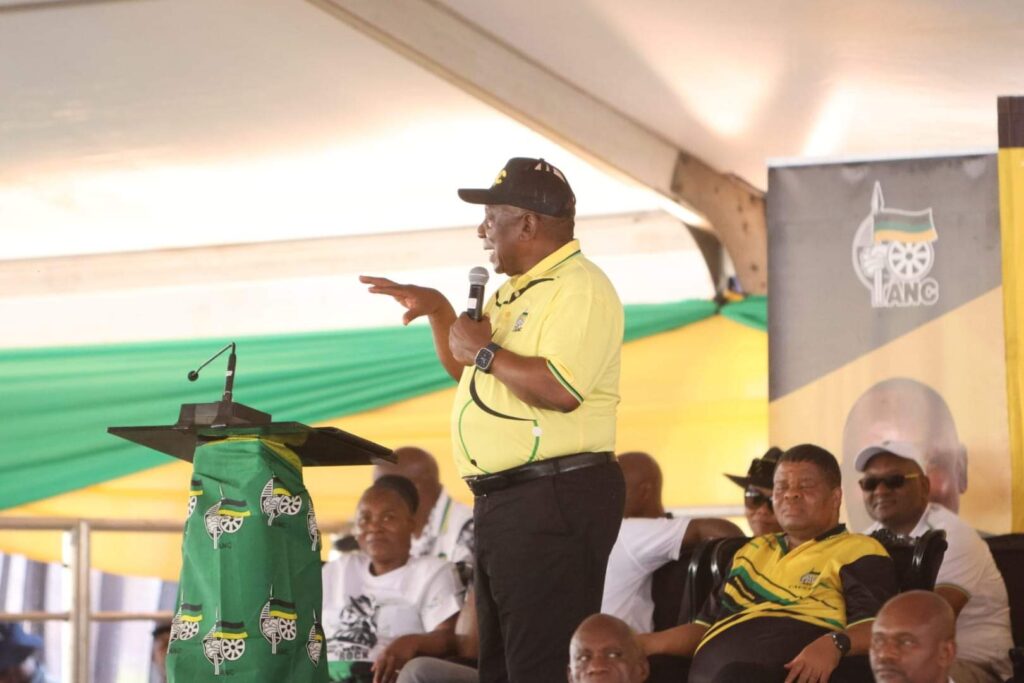
President Cyril Ramaphosa, in the final push for Thabazimbi.
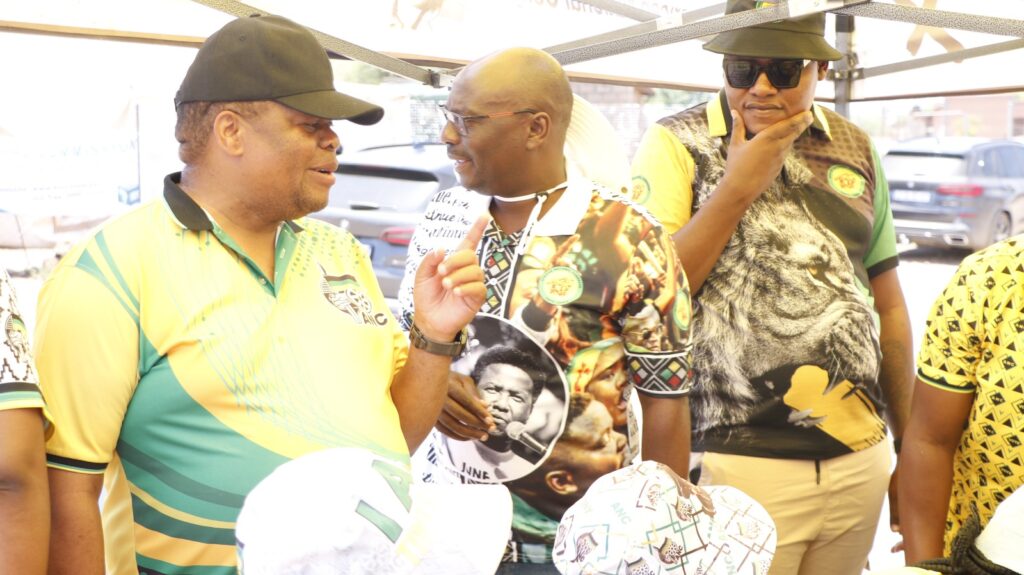
NEC Member David Mahlobo out for Thabazimbi.
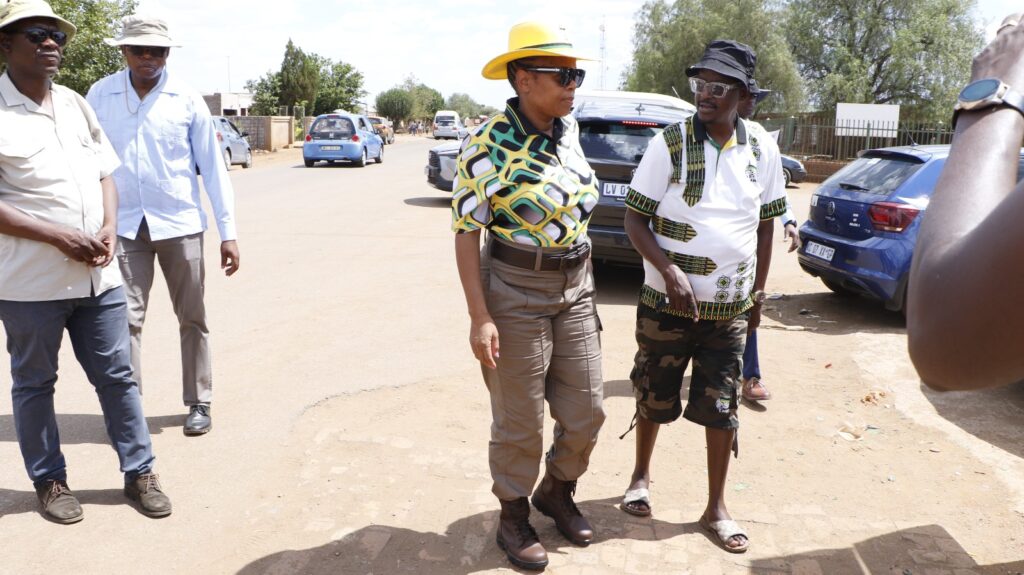
Premier Dr Phophi Ramathuba on the campaign trail.
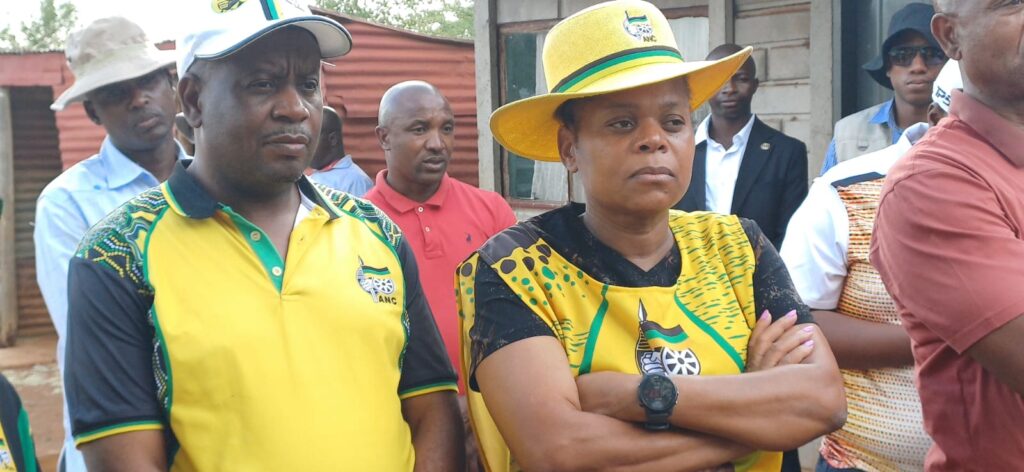
Provincial Head of Elections Basikopo Rogers Makamu and Premier Dr Phophi Ramathuba.
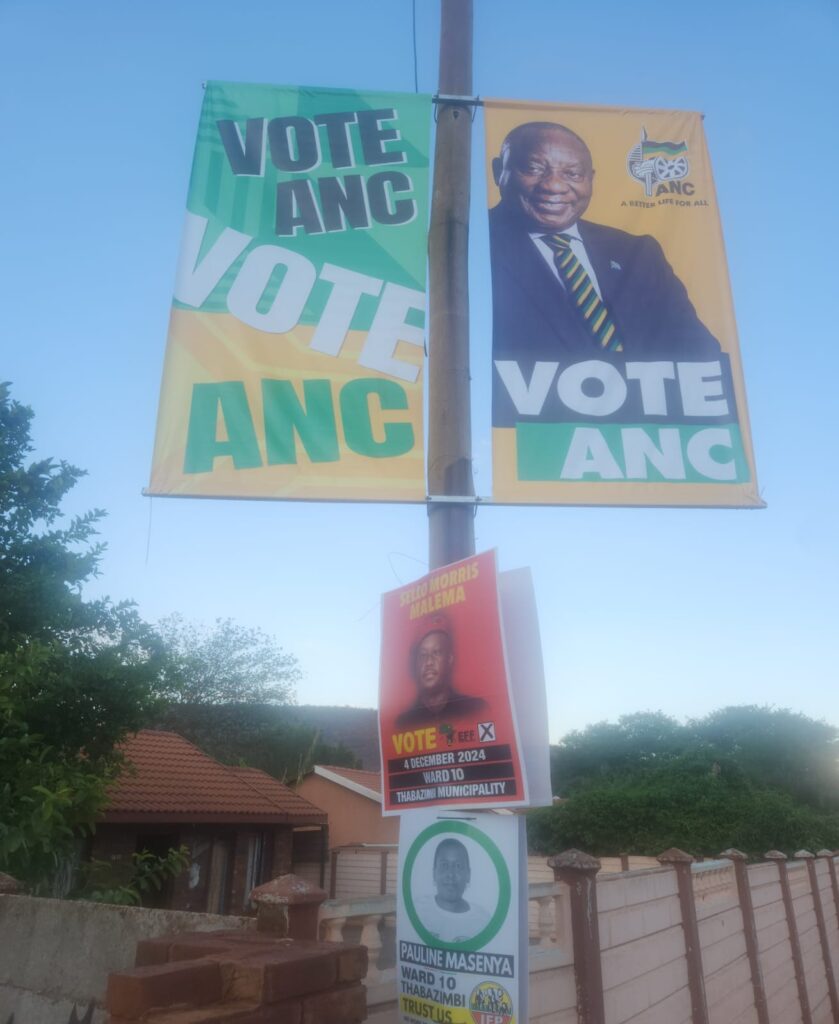
Battle of the poles in Thabazimbi.
